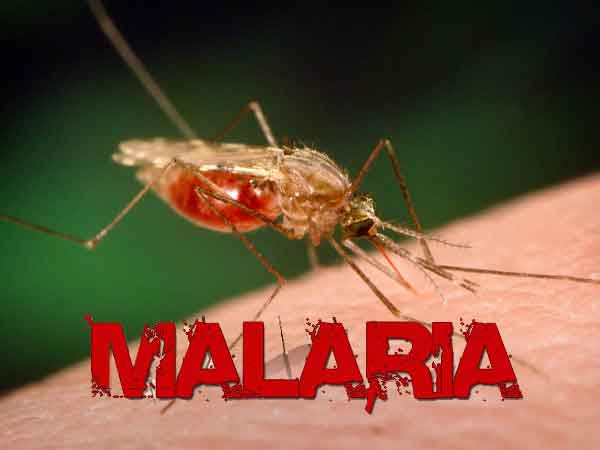A new kind of mosquito net delivered across sub-Saharan Africa averted an estimated 13 million malaria cases and nearly 25,000 deaths over three years.
The project’s backers said this on Wednesday.
There were 249 million recorded malaria cases and 608,000 deaths in 2022, according to the latest figures from the World Health Organization, with most of the burden in Africa.
Nearly half a million children in the African region die every year from the disease, which is caused by a parasite carried by mosquitoes.
One major challenge as the world strives to drive down the stubbornly high numbers is the growing insecticide resistance seen in the mosquitoes that carry the disease.
In a bid to tackle that problem, the New Nets Project delivered 56 million dual-insecticide nets across 17 malaria-endemic countries between 2019 and 2022.
The initiative was funded by Unitaid and the Global Fund and led by the Innovative Vector Control Consortium.
It found that the new nets — which were coated in a new generation pyrrole insecticide in combination with the standard pyrethroid insecticide — did a far better job at malaria control.
Evaluation of two clinical trials and five pilot studies showed the new nets improved malaria control by 20-50 percent in countries reporting insecticide resistance in sub-Saharan Africa, compared to standard nets, the groups said in a statement.
The backers estimated the additional cost per case of malaria averted using the new nets compared to the standard ones was between $0.66 and $3.56.
At the same time, the reduction in malaria cases and deaths attributed to the new nets “equated to a potential $28.9 million in financial savings to health systems”, the statement said.
“The success of the New Nets Project is proof that, by fostering collaboration across global health partners, harnessing innovation, and using market-shaping approaches, we can fight insecticide resistance, make our interventions highly cost-effective and accelerate progress against malaria,” Global Fund chief Peter Sands said in the statement.,
AFP



